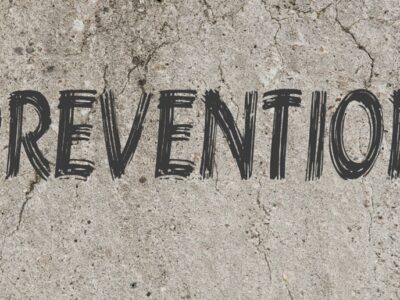When it comes to recording sessions, preparedness is key. Whether you’re breaking into the world of voice acting or perfecting your vocal skills for singing, putting in the work before stepping up to the microphone can make all the difference. In this article, we’ll take you through essential steps on how to prepare for a vocal recording session, ensuring your voice and overall performance are in top-notch condition.
Know Your Material
· Understand the Script or Lyrics
Familiarizing yourself with your material helps in delivering an authentic performance. Read through your script or lyrics multiple times to understand the tone, pacing, and emotional nuances of different characters. Doing this will help you feel more comfortable and bring a level of authenticity to the recording session.
· Practice, Practice, Practice
Rehearse your lines, lyrics, or dialogue out loud multiple times. Amend the pace, rhythm, and enunciation as necessary for the desired effect. Keep practicing until it becomes second nature, retaining the feeling of spontaneity while staying true to the material. For instance, if you are looking to become a cartoon voice actor, you should practice your lines as if you were a cartoon character. This way, you will know how to deliver the lines perfectly and capture the audience’s attention.
Prepare Your Voice
· Take Care of Your Vocal Health
Your voice is your instrument, and it’s essential to keep it in tip-top shape. Maintain a healthy lifestyle through adequate sleep, a balanced diet, and proper hydration. Drinking warm water with honey can help soothe your vocal cords. Avoid smoking or excessive caffeine, and limit exposure to loud noises and environments before the session.
· Warm Up Your Vocal Cords
Vocal warm-ups are essential in preparing your voice for a successful session. Start with gentle exercises, such as humming or lip trills, and move on to more advanced techniques, including scales and arpeggios. This pre-session ritual helps to improve vocal flexibility and prevents strain or injuries.
Familiarize Yourself with the Recording Process
· Research the Studio Setup
Understanding the recording studio’s setup and equipment can help ease any pre-session jitters. Familiarize yourself with the microphone, headphones, and any other equipment you may be using during the session. This allows you to focus on delivering your best performance without getting distracted or overwhelmed by the technical aspects.
· Communicate with Your Producer
Establishing a rapport with your producer or audio engineer can make a significant difference in the quality of your recorded performance. Discuss your ideas, concerns, and vision for the project beforehand. This allows them to fine-tune the equipment to best suit your voice, resulting in a smoother, more enjoyable session.
· Get Feedback
Whether you’re a beginner or a seasoned professional, feedback from trusted friends, colleagues, or a voice over coaching professional is invaluable in helping you discover new ways to improve your performance. Constructive criticism sharpens your skills and pushes you to grow as a vocal artist.
To Sum Up
Ultimately, the key to a successful vocal recording session lies in thorough preparation. By taking the time and effort to familiarize yourself with the material, you’ll ensure that your voice and performance are in peak condition when you step up to the microphone. With a combination of practice, diligence, and the willingness to learn, you’ll be well on your way to nailing each and every recording session.













Comments